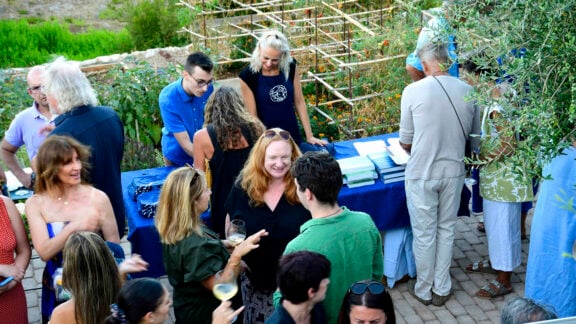In a way, it is natural that the legislation which brings the Australian Building and Construction Commission back to life was voted the same week that Fidel Castro lost his own life.
Unrelated as they may seem, the two events are both telling of the plight of the worker’s movement today. Fidel Castro’s passing was an opportunity of assessment of the man’s legacy, sparkling a debate that divided the world into those who saw him as a tyrant and those who saw him as a revolutionary.
This black-or-white approach to complex issues is becoming all the more popular today, as few people seem to embrace the reality that we live in a world painted in many shades of grey, which allows for Fidel Castro to be both a revolutionary (a hero of the people who brought down a US supported dictator) and a tyrant (leading his country with an iron claw for decades). He was mostly a messianic figure, which explains the almost religious zeal which saw a sea of people flooding the streets of Havana, mourning him. The images resemble those of a litany and attest to the man’s almost metaphysical status as a communist hero, a patron saint of the working class.
For people around the globe, this was an exotic sight − as exotic as the term ‘working class’ seems today. Because, in 2016, within the context of a global economy, nobody talks of the working class anymore. Which brings us to the the ABCC legislation.
Its passing through the senate − after a long, arduous tug-of-war negotiating process between the government and an army of ‘maverick’ senators − allowed Malcolm Turnbull to show his contentment for finally getting a kind of policy through (even though it was initiated by his predecessor) and justifying the double dissolution elections. If it hadn’t passed, then Australia would have gone to the polls for nothing. But the PM’s smile made it all worth it. So much that it doesn’t matter that the law that passed had little in common with the original bill.
Among the concessions that the PM had to make to the hard-line senators were mostly things that provide reassurance to those fearing that Australia is threatened by external factors. So, under the amendments, it is required for preferred tenderers for government building work to provide information about the use of domestically sourced materials and the impact on jobs and skills growth; additionally employers in the industry are required to show that no Australian worker is available before they can take on a foreign worker. This was the one successful Labor amendment, passed in the face of government opposition. The most important difference is that the onus of proof should not be on employees to prove they held a reasonable concern about health or safety when ceasing work.
This should be seen as a victory for the working class. Not that the words ‘working class’ ever made it to the public debate regarding the issue. The Coalition government has been trying to restore the Commission since the Abbott era − and the opposition has been against it for the same time − but both sides have been focusing on the aspects of corruption, productivity and safety. In a way, a law that affects workers and industrial relations, was debated as a crime-fighting bill and this is proof of the way that the right-wing rhetoric has been dominating the debate, no matter how right-wing pundits lament the rise of ‘cultural marxism’ (whatever they think that this is).
Presenting the Building and Construction industry as one dominated by corruption is part of an ideology that wants to dismiss unions as a kind of underworld, entities similar to those of organised crime. Their actions have direct effect on productivity, so they need to be regulated by a “tough cop”, in the words of Eric Abetz.
And what will this ‘tough cop’ do? For once, the ABCC will increase penalties for unlawful industrial action from A$10,800 to A$36,000 for individuals, and from $54,000 to $180,000 for corporate entities – including unions – with the same penalties applying to unlawful picketing. Talk about penalising strikes. In the past, workers were hauled before the ABCC simply for attending safety meetings. Combine that with a rhetoric that continues to bash unions, and a Labor party that seems disengaged from the workforce, add the rise in xenophobia and you get a very gloomy picture.
The working class is becoming more and more fragile − and nobody seems to be talking on its behalf.









